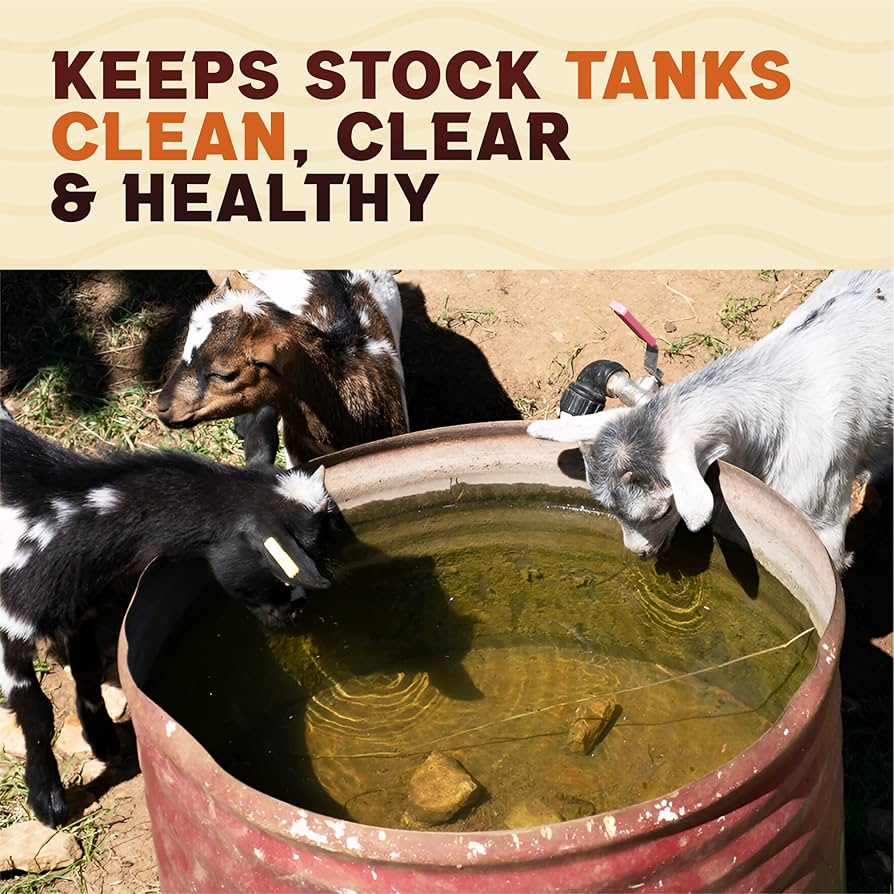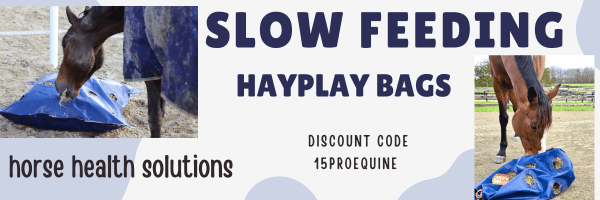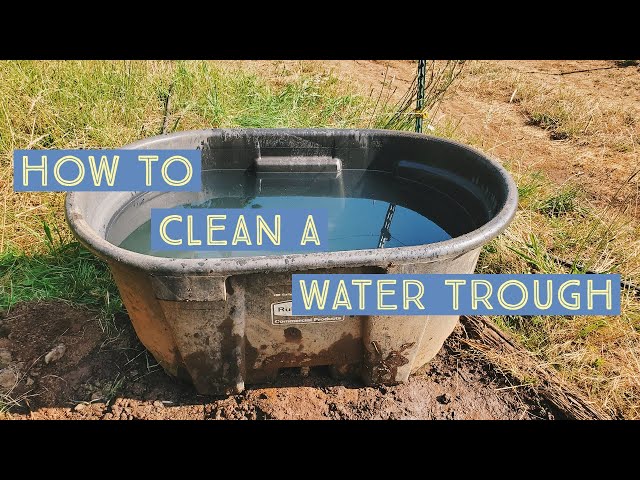Water Tank Cleaning: Algae Prevention for Your Horse

Maintaining clean water for your horse is essential for its health and well-being. Algae growth in water tanks can pose risks, including unpleasant tastes, potential toxins, and reduced water intake. This article explores effective strategies for cleaning water tanks and preventing algae buildup.
Why Is Algae Prevention Important?

Algae can proliferate quickly in stagnant water, especially when exposed to sunlight and warm temperatures. For horses, drinking algae-contaminated water can lead to digestive issues, dehydration, or exposure to harmful toxins produced by certain algae species.
Common Causes of Algae Growth in Water Tanks
| Cause | Description |
|---|
| Sunlight Exposure | Algae thrive in sunlight, so tanks in direct sun are more prone.
| Warm Temperatures | Higher temperatures accelerate algae reproduction.
| Stagnant Water | Lack of water circulation encourages algae growth.
| Organic Debris | Leaves, dirt, and other organic matter provide nutrients for algae.
Effective Water Tank Cleaning Methods
- Regular Scrubbing: Use a stiff brush to scrub the tank walls and bottom weekly to remove algae and biofilm.
- Drain and Refill: Completely drain the tank periodically to flush out sediments and algae.
- Use Safe Cleaning Agents: Employ horse-safe cleaning solutions like diluted bleach (properly rinsed) or vinegar to disinfect.
- Install Filters: Filters can reduce organic matter entering the tank.
Algae Prevention Tips
- Shade the Tank: Position tanks in shaded areas or use covers to limit sunlight exposure.
- Increase Water Circulation: Use pumps or aerators to keep water moving.
- Regular Maintenance: Schedule routine cleaning and inspections.
- Control Nutrient Sources: Keep the area around the tank clean from leaves and debris.
FAQ
Q1: How often should I clean my horse’s water tank?
A: Ideally, clean the tank weekly and perform a thorough cleaning monthly.
Q2: Is it safe to use bleach for cleaning?
A: Yes, but use a diluted solution and rinse thoroughly to avoid harming your horse.
Q3: Can algae in water harm my horse?
A: Some algae produce toxins that can be harmful; preventing algae growth is crucial.
Q4: Are there natural alternatives to chemical cleaners?
A: Yes, vinegar and baking soda are effective and safe options.
Summary
Regular water tank cleaning and proactive algae prevention are vital for ensuring your horse has access to clean, fresh water. Implementing these practices helps maintain your horse’s health and hydration.
Would you like me to enhance the article with more detailed cleaning schedules, or perhaps include specific product recommendations for algae prevention?
